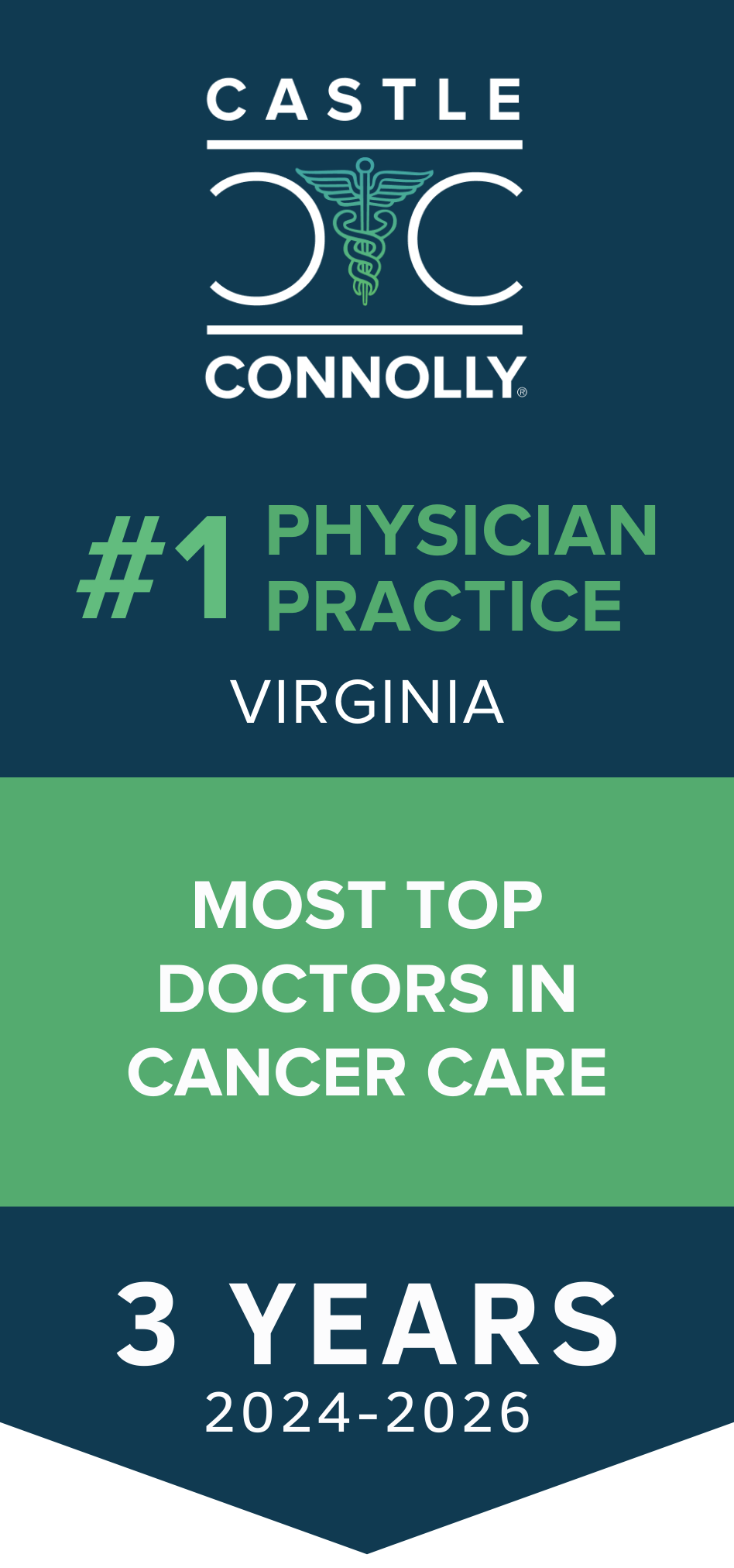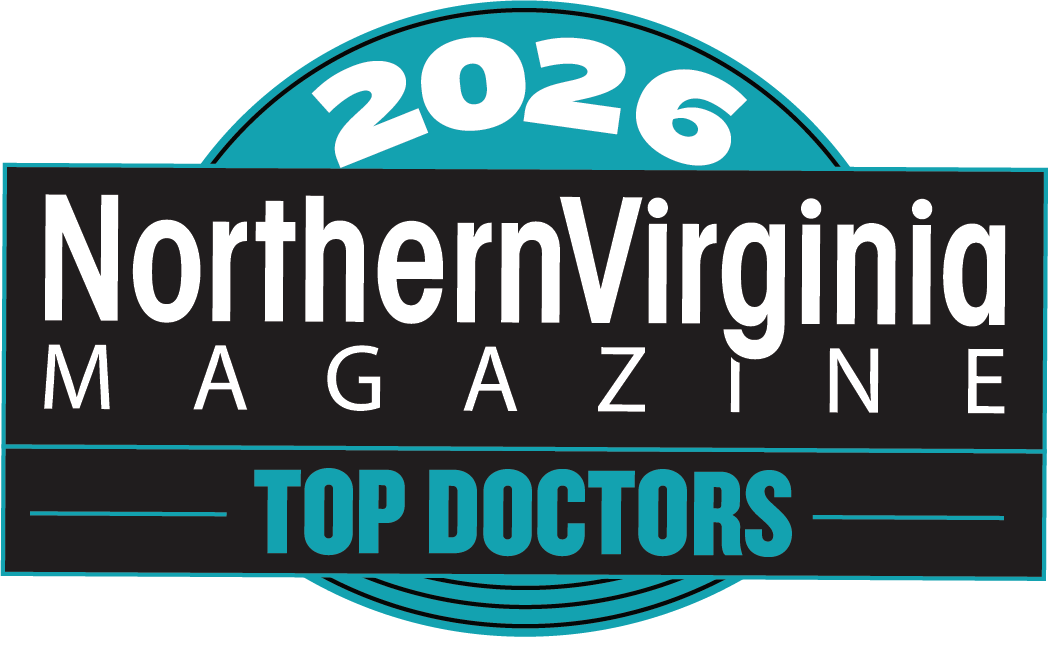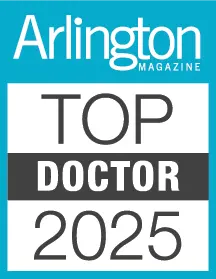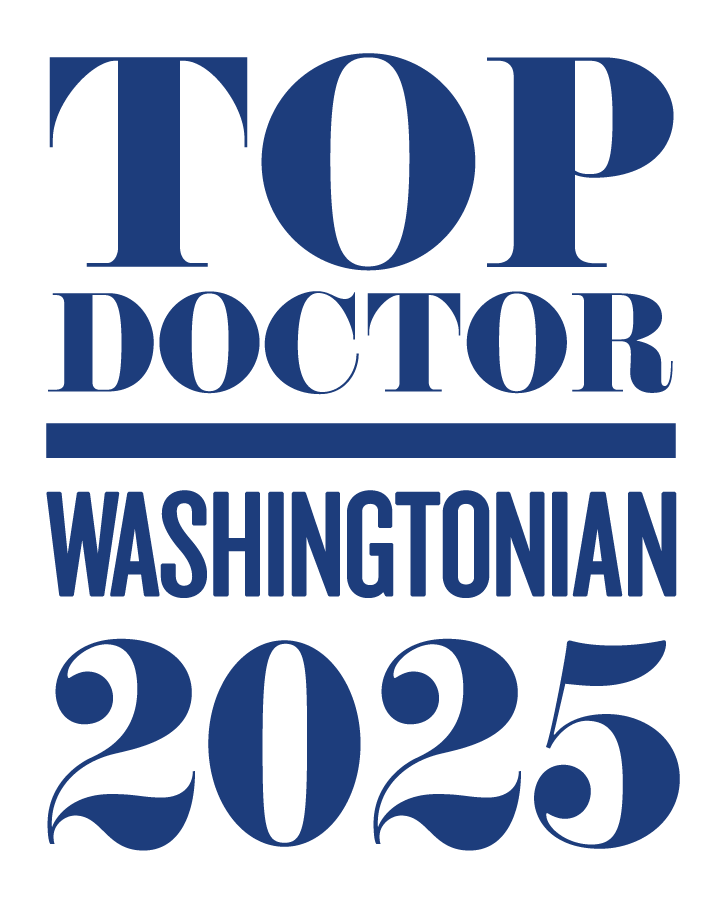Welcome: Clinical Trials & Cancer Research – Virginia Cancer Specialists
50+ YEARS OF PROGRESS. YEARS OF HOPE.
Advancing Cancer Care Through Clinical Trials in Northern Virginia
With Virginia Cancer Specialists committed to providing the best available care to all of its patients, research is and will continue to be the cornerstone of our practice. Our research offers patients access to new investigational drugs not always available to the general public, including cancer clinical trials in Northern Virginia for a variety of tumor types and blood cancers.
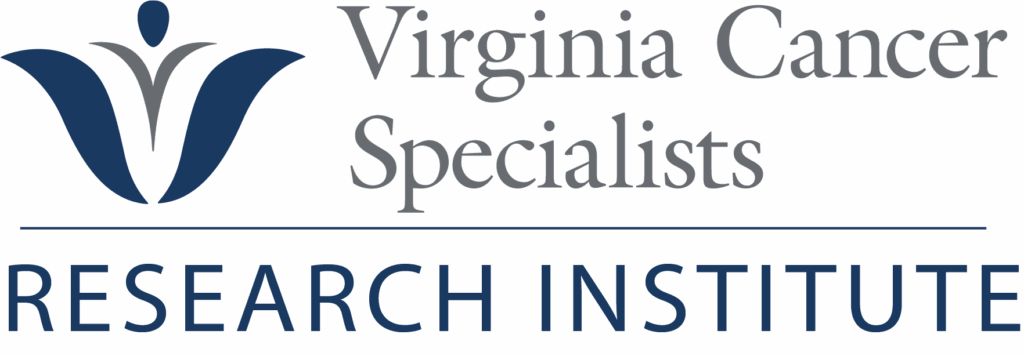



 703.636.1473
703.636.1473